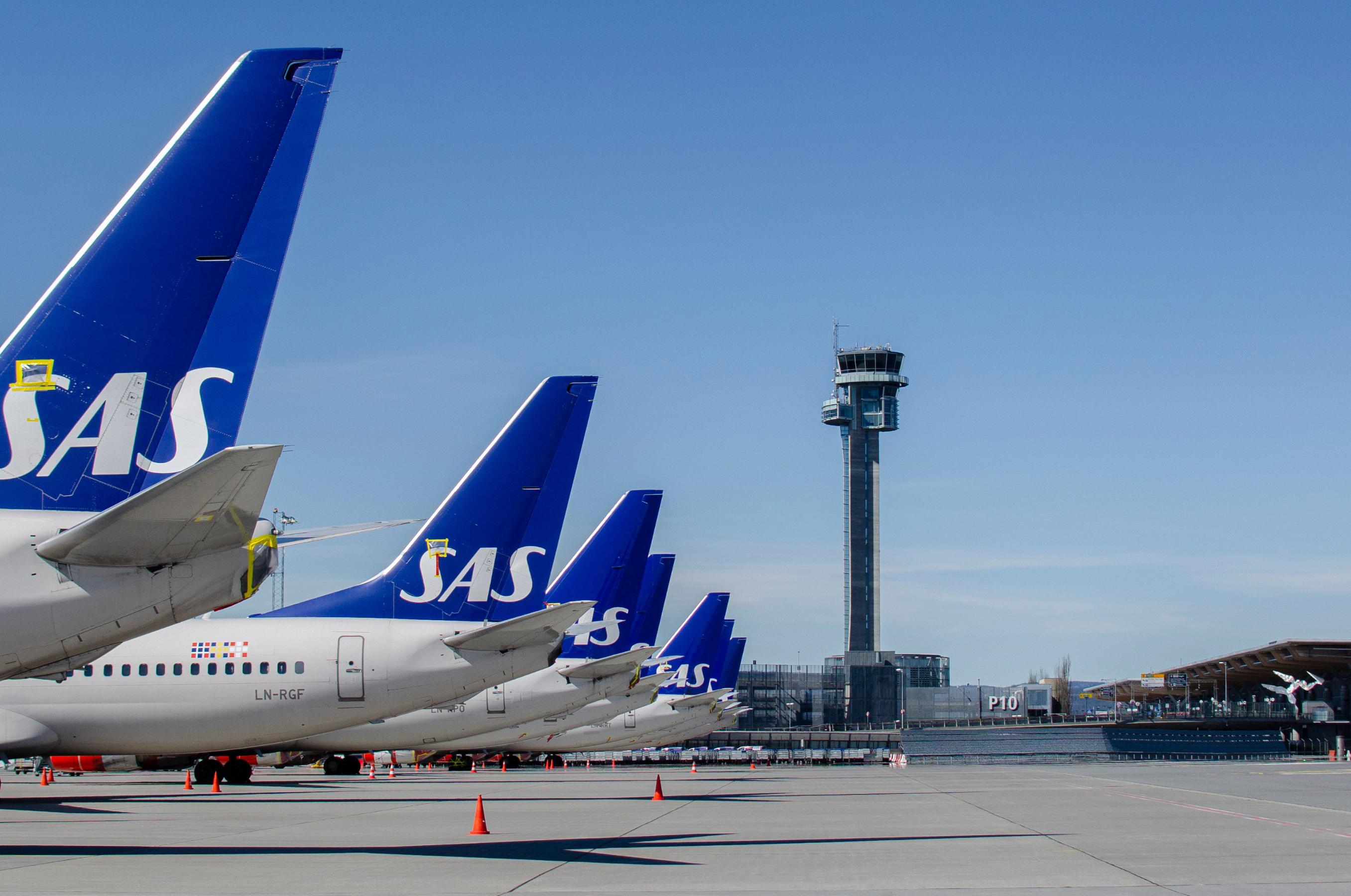
Credit: SAS
Sweden is set to see an annual MRO growth rate of 4.3% over the next decade.Sweden famously or infamously has imposed only light restrictions during the virus crisis, but appears to have gotten the virus under control. That has helped Scandinavian Airline System within the Swedish domestic market, but its international flights to Norway, Denmark and other destinations are still severely restricted. SAS’s total daily flights are still down nearly 60% from year-ago levels in late October.
Peter Berg, head of maintenance planning and control, said during a Korea Aero Summit virtual session that is creating stark challenges for SAS throughout its operations, including maintenance.
The airline is down to about 5,000 employees, from 10,000 before the crisis, and has a fleet of 127 aircraft, which it expects to decline to 123 aircraft in five years. SAS is moving to an all-Airbus fleet, after flying both Airbus and Boeing models.
But Berg says he need to plan for the short term, not long term now. He has learned some lessons about parking aircraft that he wants to share with other operators.
Parking was one thing in summer, but now it’s turning to winter in Scandinavia, with snow and salt water from the Baltic Sea. “It’s hard to set up robust parking now,” Berg observes.
He says he is using “clock stoppage” for parked aircraft, which postpones heavy maintenance and saves cash. But that means there could be a big bunch of heavy MRO to do later on, in the mid-2020s, when traffic resumes.
SAS has also reduced its safety stocks of spare parts. “When you park 60% of your aircraft, you don’t need as much safety stocks,” Berg says. “AOGs are not that much of a priority.”
Other cash-conserving tactics are staggered furloughs, retiring aircraft and reducing parts, tools and ground service equipment for aircraft that will enter the fleet in the future.
SAS has also implemented extensive layoffs, and halted non-mandatory modifications, postponing any maintenance not related to airworthiness. And to keep remaining workers busy and save money, the carrier has ceased outsourcing C checks, all of which had gone outside before the crisis. Now, all these checks will be done in-house.
Governments have provided some support for furloughed workers, but “it will not last forever,” Berg acknowledges. As of now, the Swedish government’s aid is good only until New Year’s Eve.
